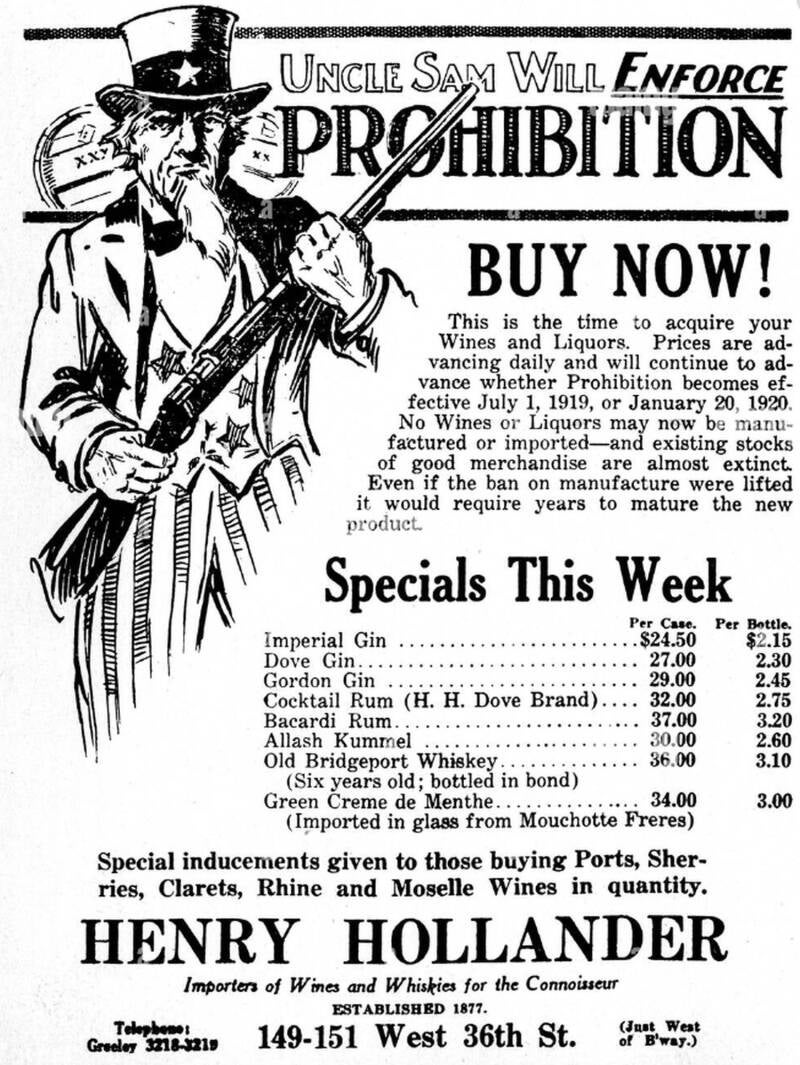International cooperation, a right-wing coup and a ban on booze
The year 1920 was a pivotal time in global history, marking significant changes in politics, economics, society, and culture. Politically, the aftermath of the First World War continued to shape international relations.
The Treaty of Versailles, which officially ended the war, came into effect, imposing heavy reparations on Germany and redrawing the map of Europe. This year also saw the establishment of the League of Nations, designed to promote peace and prevent future conflicts. However, the effectiveness of the League was limited, as key nations like the United States chose not to join.
In the United States, 1920 was a landmark year for women's rights. The ratification of the 19th Amendment granted women the right to vote, a monumental victory for the suffrage movement that had fought for decades for this achievement.
This period also marked the beginning of Prohibition, as the 18th Amendment came into force, banning the manufacture, sale, and transportation of alcoholic beverages. Prohibition aimed to reduce crime and corruption, but it also led to unintended consequences, such as the rise of bootlegging and organized crime.
Start of Prohibition, 17th January 1920
Magazine advert from 1919 urging drinkers to stock up before prohibition legislation is enacted.
The implementation of Prohibition in the United States, marked by the ratification of the 18th Amendment on the 17th January 1920, heralded a significant shift in the nation's social and legal landscape.
Prohibition aimed to address the perceived societal harms wrought by alcohol abuse by outlawing the manufacture, sale, and transportation of alcoholic beverages.
Yet, despite its noble intentions, Prohibition yielded a host of unintended consequences that profoundly impacted American society.
One of the most notable repercussions of Prohibition was the emergence of organized crime syndicates that capitalized on the lucrative black market for alcohol.
Speakeasies, clandestine establishments where alcohol was illicitly served, proliferated in response to the demand for alcohol, undermining the effectiveness of the law and fostering a culture of rebellion.
...widespread defiance of the law....
The widespread flouting of Prohibition laws underscored the growing public resistance to the ban on alcohol.
As the negative consequences of Prohibition became increasingly apparent, public sentiment shifted, and calls for repeal grew louder. This mounting discontent culminated in the ratification of the 21st Amendment in 1933, which repealed the 18th Amendment and brought an end to Prohibition.
The repeal of Prohibition marked the conclusion of a tumultuous era characterized by social upheaval, organized crime, and widespread defiance of the law, highlighting the complexities of implementing sweeping social reforms.
New York City Deputy Police Commissioner John A. Leach (right) watches as agents pour liquor into a sewer following a raid during the height of Prohibition. Prohibition, enforced in the United States from 1920 to 1933, banned the production, sale, and transportation of alcoholic beverages. Intended to reduce crime and social issues, it instead led to a rise in organized crime, speakeasies, and bootlegging. It was eventually repealed due to widespread noncompliance and its adverse effects.
Amazing Colorized Photos of American Prohibition From the 1920s and 1930s ~ Vintage Everyday

